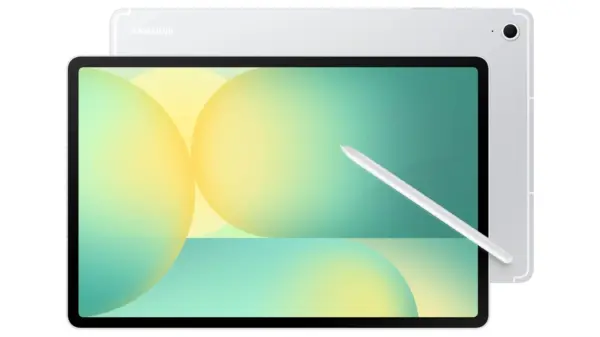UPDATE: The launch of Rokid Glasses is making headlines as the first smart glasses with a built-in screen, but users are reporting significant issues with the voice assistant feature. This urgent development could impact the glasses’ appeal in the U.S. market.
Smart glasses are quickly becoming a hot topic in technology, with potential capabilities that could redefine how we interact with the digital world. Rokid, a company based in China, has entered the arena, showcasing glasses that can take pictures, translate languages, and display presentations—all in an innovative form factor. However, early users have raised concerns about the functionality of its voice assistant, crucial for a smooth experience.
In a recent hands-on demonstration, the Rokid Glasses were showcased with a 12-megapixel camera and a basic dual-micro LED display. The display, while sharp, only shows content in a basic green color, reminiscent of classic sci-fi films. Users experienced interactive features like a teleprompter that scrolls text based on spoken words, which performed admirably in noisy environments.
The translation feature also impressed during the demo, translating Mandarin speech into English in real-time. However, this technology is hampered by the malfunctioning voice assistant, which failed to respond to English commands from multiple users. The assistant, activated by the phrase “Hi, Rokid,” worked consistently well for a native Mandarin speaker, raising concerns about its effectiveness for English-speaking users.
In a busy environment, the Rokid Glasses performed well, picking up conversations from afar, which can be both fascinating and unsettling. The necessity of pairing the glasses with an Android app to see detailed information was highlighted, as the small screen often pushes off new data quickly.
Users can control features by swiping on the glasses’ arm, but the experience was reported as clunky. The voice assistant’s unreliability casts doubt on the overall usability of the device for potential buyers in the U.S., especially those who rely on seamless functionality.
The launch of Rokid Glasses raises questions about the future of smart glasses, particularly in a competitive landscape dominated by major players like Meta and its Ray-Bans. While Rokid offers unique features, including augmented reality capabilities and AI-powered translations, the effectiveness of these technologies hinges on a functional voice assistant.
As more users get their hands on the Rokid Glasses, the urgency to address the voice assistant issue becomes critical. If the company can resolve this flaw, it may carve out a significant niche in the smart glasses market. However, until then, potential customers might hesitate to invest in this promising yet troubled technology.
Stay tuned for further updates as Rokid works on refining its product, as this could define the future of smart glasses in the coming months.


































































